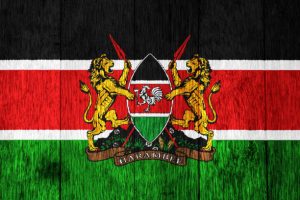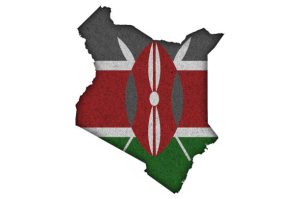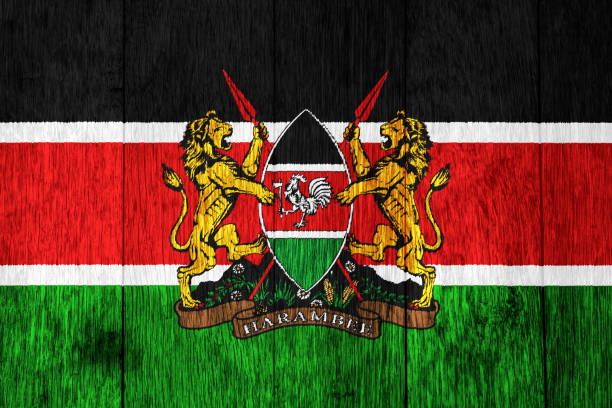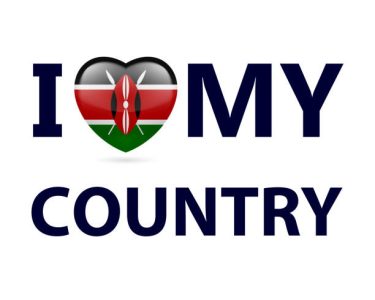 Government policies play a pivotal role in shaping the socio-economic landscape of Kenya, influencing the lives of citizens and the operations of businesses across various sectors. Understanding the implications of government policies is essential for stakeholders to navigate regulatory frameworks, anticipate market trends, and adapt to changing dynamics.
Government policies play a pivotal role in shaping the socio-economic landscape of Kenya, influencing the lives of citizens and the operations of businesses across various sectors. Understanding the implications of government policies is essential for stakeholders to navigate regulatory frameworks, anticipate market trends, and adapt to changing dynamics.
Analysis of Government Policies
1. Regulatory Environment:

– Legislative Framework: Government policies encompass a wide range of legislative measures that regulate industries, markets, and public services. Analyze key regulations, laws, and statutes enacted by the government to understand their implications for compliance, governance, and legal obligations.
– Regulatory Compliance: Compliance with government regulations is a critical consideration for businesses operating in Kenya. Explore the challenges and opportunities associated with regulatory compliance, including licensing requirements, tax obligations, environmental standards, and labor regulations.
2. Economic Trends and Market Dynamics:

– Fiscal Policies: Government fiscal policies, including taxation, public expenditure, and budgetary allocations, shape economic activities and investment decisions in Kenya. Assess the impact of fiscal measures on business operations, consumer spending, and overall economic growth.
– Monetary Policies: Central bank policies, such as interest rates, monetary supply, and exchange rate management, influence borrowing costs, inflation rates, and currency stability. Analyze the implications of monetary policies on investment, lending practices, and business expansion strategies.
3. Social Welfare and Development Initiatives:
– Social Programs: Government initiatives aimed at poverty alleviation, healthcare provision, education, and social welfare impact the well-being of citizens and communities in Kenya. Evaluate the effectiveness of social programs in addressing socio-economic inequalities, improving access to essential services, and promoting human development.
– Infrastructure Development: Government investments in infrastructure, including transportation networks, utilities, and telecommunications, drive economic growth and facilitate business operations. Examine the role of infrastructure development in enhancing productivity, connectivity, and competitiveness across different sectors.
4. Political Stability and Governance:

– Political Environment: Political stability and governance dynamics influence investor confidence, business sentiment, and policy continuity in Kenya. Monitor political developments, elections, and governance reforms to assess their implications for policy stability, regulatory predictability, and institutional integrity.
– Stakeholder Engagement: Effective stakeholder engagement and participatory decision-making processes enhance transparency, accountability, and public trust in government policies. Evaluate mechanisms for citizen participation, civil society engagement, and private sector collaboration in shaping policy priorities and implementation strategies.
In conclusion, government policy analysis provides valuable insights into the intricate interplay between regulatory frameworks, economic trends, social dynamics, and political governance in Kenya. Through dialogue, collaboration, and evidence-based policymaking, Kenya can foster an enabling environment for innovation, entrepreneurship, and equitable prosperity that benefits all segments of society.






